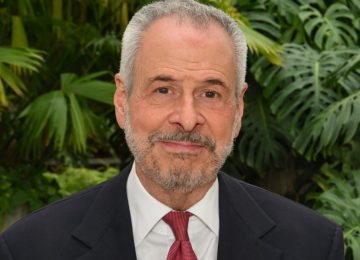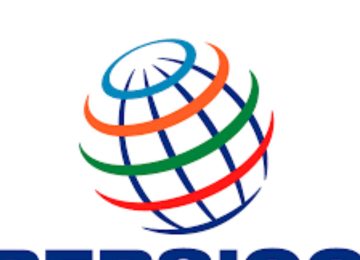CPOs, or chief procurement officers, are well-positioned to drive change in sustainable procurement, as it is central to achieving climate goals.
With the United Nations Climate Change Conference and Biodiversity Conference approaching, businesses need to lead the charge in implementing innovative solutions for greener production and consumption models.
Procurement can play a critical role in this mission, as it spans operations and supply chains. Often referred to as unsung heroes, CPOs must drive systemic transformation to build green and resilient supply chains and secure a more sustainable future.
The World Economic Forum and Sustainable Procurement Pledge co-hosted Procure Innovation Dialogues 2024, focusing on the role of procurement in reimagining sustainability in the supply chain.
Key strategies:
Key strategies for CPOs to provide multi-dimensional leadership for green procurement include building a solid business case for sustainability and playing “high,” “wide,” and “long” to elevate procurement’s role in the transition.
Building the business case:
Green procurement can drive financial performance by building resilient operations, optimizing supply chains, and improving resource efficiency.
Companies at the Procure Innovation Dialogues highlighted the importance of a strong partnership between procurement and finance functions, balancing sustainability goals with business objectives.
Sustainable products, such as recyclable wind turbine blades and cleaner air insulation technologies, are directly entrenched in the value proposition and supply chain.
Real-life examples of cost savings gained through sustainable procurement initiatives include reducing energy consumption, streamlining logistics networks, and improving waste management practices.
By aligning financial and sustainability objectives, CPOs are demonstrating that profitability and corporate responsibility can coexist, reinforcing the strategic value of procurement being in the sustainability driving seat.
Playing high: elevating procurement to the C-suite
Procurement must become a corporate priority, championed by the C-suite and discussed at board meetings.
Executive buy-in is crucial for sustainability initiatives to succeed. CPOs are advocating for this engagement. To drive sustainability, data-driven arguments and the ability to articulate its value beyond compliance are necessary.
For instance, aligning sustainability with customer expectations has helped secure internal support at Thermo Fisher Scientific.
Craig Reed, Vice President, Global Procurement and CPO, Thermo Fisher Scientific, said, “We’re a very customer-focused company. The behaviors that we’re executing to meet our clients’ expectations have also influenced the commitment from our executive team.”
Thomas Udesen, CPO, Bayer, said, “A lot of boards, a lot of CEOs… they get it. It is a priority.”
Playing wide: expanding procurement’s influence across the organization
To implement a company’s sustainability strategy, CPOs and their teams must collaborate with other departments like product design, marketing, and HR.
Green procurement requires a coordinated approach, engaging every corner of the organization and supply chain.
For instance, at Thermo Fisher Scientific, sustainability and regulatory teams are embedded into procurement through a project management office structure.
Transparency is crucial, as sharing sustainability metrics with other departments and suppliers fosters a culture of collaboration towards a common goal.
Lauren Richardson, CPO, Colgate-Palmolive, said during the dialogue, “The only way to learn from other functions is by connecting with people. It’s not about telling someone how you’ve done something and expecting them to follow. It’s about understanding how they do their job, what makes them successful, and finding ways to collaborate by integrating my capabilities with theirs.”
Oliver Bischof, CPO, Siemens Gamesa, said, “To make sustainability mainstream, it’s crucial to bring our suppliers along. We need to work closely, not just to innovate but to industrialize these innovations, making sustainable practices the new norm across our supply chain.”
Playing long: building a legacy for future leaders
CPOs have a responsibility to foster a culture of resilience, creativity, and systemic change, laying the groundwork for future leaders to navigate sustainability challenges and ensure lasting impact.
Mr. Reed said, “If I can leave a solid foundation that’s grounded in sustainability, the regulatory side of it, the social side of it… then I’ve done my part.”
Mr. Udesen said, “The legacy that all of the current CPOs can and should leave is making those first foundational steps—creating a culture where collaboration, innovation, and sustainability become a natural part of decision-making.”
The way forward:
CPOs are transforming into organizational leaders for sustainability, breaking new ground in their role.
Collaboration within organizations and across supply chains is crucial for a successful transition. Sharing experiences, best practices, and pre-competitive insights is also important.
CPOs should continue learning from each other and leverage their collective influence to pursue sustainability across industries and geographies.
Focusing on the business case and playing high, wide, and long can turn procurement into a powerful force for lasting, systemic change, the delegates at the World Economic Forum-led dialogue concured.












